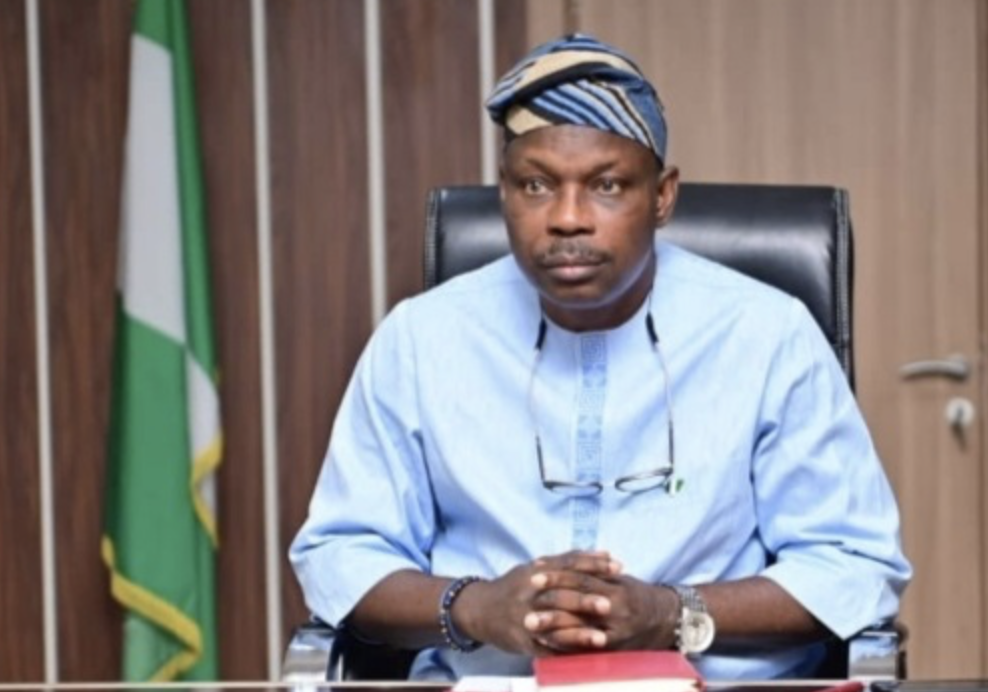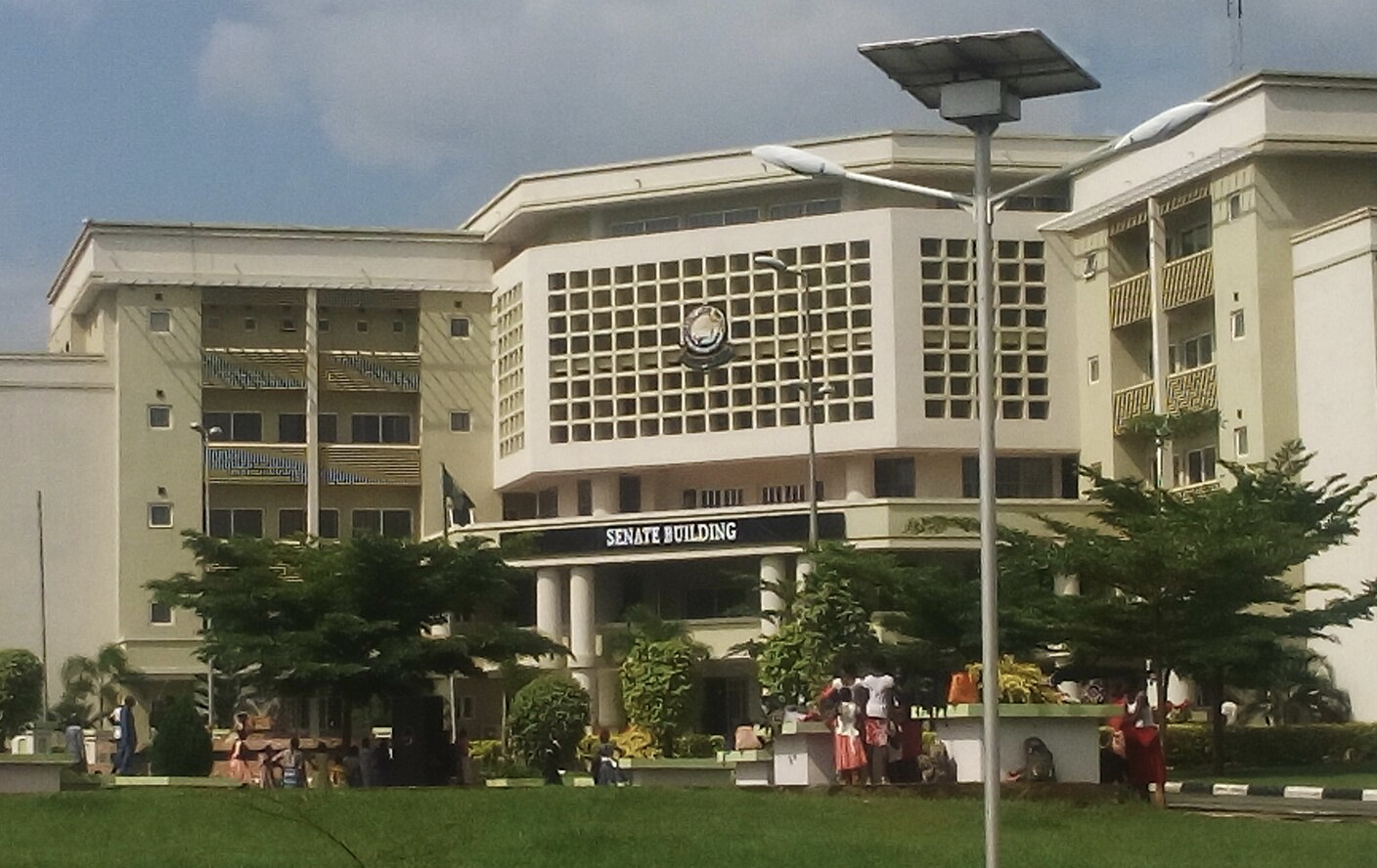Nigeria will host a National Health Financing Dialogue in September to tackle low health investment, with households paying 76% of costs. The forum will push NHIA Act implementation, insurance expansion, and innovative financing, aiming to cut out-of-pocket spending and move toward UHC.
Nigeria’s Federal Ministry of Health and Social Welfare will host a National Health Financing Policy Dialogue in Abuja from September 1 to 4, 2025, aimed at addressing the country’s persistent health financing crisis and finding sustainable solutions. According to Dr. Kamil Shoretire, Director of Health Planning, Research, and Statistics, the meeting will bring together policymakers, health financing experts, development partners, civil society, media, private sector stakeholders, and academia to turn commitments into actionable strategies.
The National Health Financing Policy (NHFP) is intended to provide a roadmap for mobilising, pooling, and allocating resources more equitably and efficiently, reducing dependence on out-of-pocket payments while expanding insurance coverage. Despite committing under the 2001 Abuja Declaration to spend 15 percent of the national budget on health, Nigeria still allocates less than 5 percent, with public spending around 0.5 percent of GDP. This underinvestment leaves households paying nearly 76 percent of total health costs, among the highest out-of-pocket burdens globally, pushing millions into poverty.
The dialogue will focus on implementing the National Health Insurance Authority Act of 2022, which makes health insurance mandatory for all citizens and residents, and on scaling up the Basic Health Care Provision Fund. Experts emphasize the potential role of innovative financing—such as public-private partnerships, sin taxes, and improved donor coordination—while also stressing the need for transparency and accountability. Civil society groups add that strengthening insurance schemes and ensuring resources reach frontline facilities will be vital for achieving universal health coverage.




